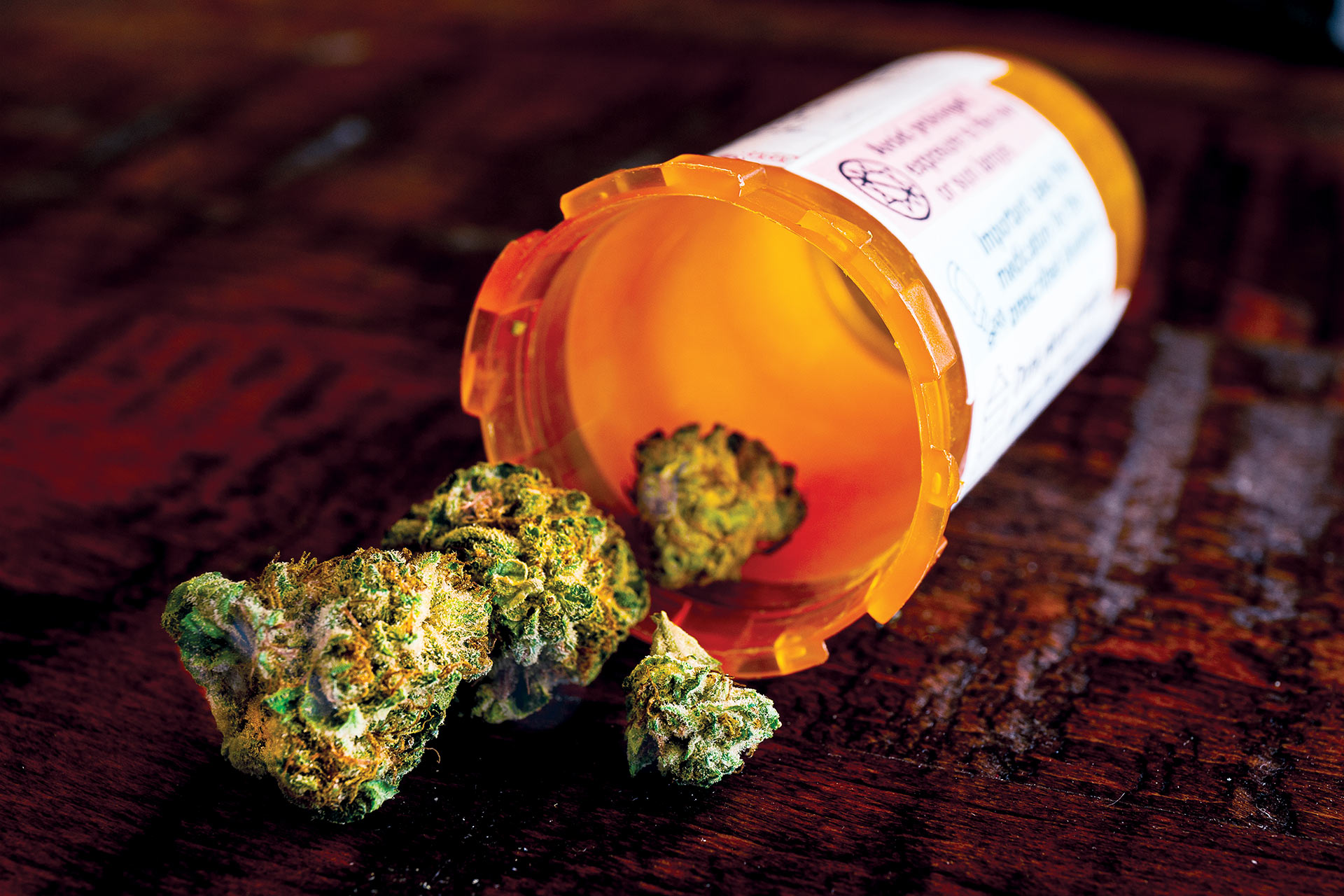
Missouri law enforcement and state attorneys aren’t sure what to expect after the state recently passed a law legalizing recreational marijuana in November.
Officials speculate that the new law could lead to more charges of driving while intoxicated (DWI), and it could also prevent officers from using marijuana odor as probable cause to search a vehicle during a traffic stop.
“It will be interesting because (attorneys) have complained for some time that law enforcement will use the smell of marijuana as an excuse to get into somebody’s car,” said Jill Schaefer, a Clayton-based defense attorney.
Amendment 3, which passed by a 53–47 margin in the recent midterms, allows anyone 21 years or older to purchase 3 ounces of dried, unprocessed marijuana per day for recreational use. Individuals may also purchase edibles and other non-flower forms of marijuana, but there is a different weighing system for those products.
Driving under the influence is still considered a Class B misdemeanor in Missouri, if it’s the first offense, which can lead to a $500 fine or up to six months in jail.
Missouri law enforcement agencies stated that they will continue to follow department policies and procedures. The state highway patrol said it trains officers to identify impaired drivers and will enforce the new rules.
In Illinois, where recreational marijuana has been legal for almost three years, police departments said challenges have been few and far between.
St. Clair County Sheriff Richard Watson said his agency has not changed its policing strategy, nor has he seen any change to the rate of DWIs or accidents. “The only thing now is you’ve got to differentiate whether a person has legal marijuana or illegal marijuana,” he said.
However, St. Louis injury and criminal defense lawyer Chris Combs said the law could impact an officer’s ability to conduct a search.
Combs said he has seen hundreds of police reports where the smell of marijuana was used as probable cause.
“I think it might go away entirely because, you know, the officer walks up to a car and says, ‘I smell the odor of marijuana,’” he said. “Well, guess what? Marijuana is legal. You can smell the odor of cigarettes too, you know?”
Travis Noble, a well-known St. Louis defense attorney, said DWI cases rely purely on officer testimony and are hard to prove due to the lack of evidence gathered in such a case.
It is also difficult to detect how high someone is, as there is no way to determine a percentage, like a blood alcohol concentration test. While some officers are trained to observe behavior to judge the level of marijuana impairment, it is a very subjective practice.
Police in Kansas are also gearing up for Missouri’s new law. They expect Missouri’s “marijuana tourism” to attract Kansas residents in search of the drug.
“Marijuana is still illegal here in the state of Kansas, and people have to understand, you know, we’re not legislators; we’re law enforcement. And if we see someone with marijuana, they don’t have their medical card, they could be issued a summons,” Overland Park police Officer John Lacy said, adding that that possession of marijuana without a medical marijuana card is still classified as a misdemeanor in the state.





